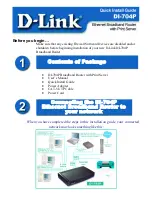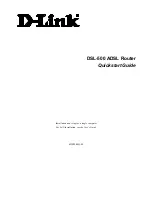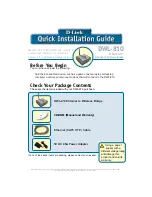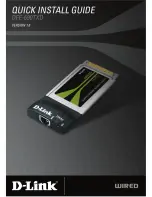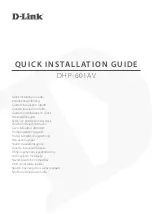
32-3
Cisco Catalyst Blade Switch 3020 for HP Software Configuration Guide
OL-8915-03
Chapter 32 Configuring QoS
Understanding QoS
Figure 32-1
QoS Classification Layers in Frames and Packets
All switches and routers that access the Internet rely on the class information to provide the same
forwarding treatment to packets with the same class information and different treatment to packets with
different class information. The class information in the packet can be assigned by end hosts or by
switches or routers along the way, based on a configured policy, detailed examination of the packet, or
both. Detailed examination of the packet is expected to happen closer to the edge of the network so that
the core switches and routers are not overloaded with this task.
Switches and routers along the path can use the class information to limit the amount of resources
allocated per traffic class. The behavior of an individual device when handling traffic in the DiffServ
architecture is called per-hop behavior. If all devices along a path provide a consistent per-hop behavior,
you can construct an end-to-end QoS solution.
Implementing QoS in your network can be a simple or complex task and depends on the QoS features
offered by your internetworking devices, the traffic types and patterns in your network, and the
granularity of control that you need over incoming and outgoing traffic.
Basic QoS Model
To implement QoS, the switch must distinguish packets or flow from one another (classify), assign a
label to indicate the given quality of service as the packets move through the switch, make the packets
comply with the configured resource usage limits (police and mark), and provide different treatment
(queue and schedule) in all situations where resource contention exists. The switch also needs to ensure
that traffic sent from it meets a specific traffic profile (shape).
46974
Encapsulated Packet
Layer 2
header
IP header
3 bits used for CoS
Data
Layer 2 ISL Frame
ISL header
(26 bytes)
Encapsulated frame 1...
(24.5 KB)
FCS
(4 bytes)
Layer 2 802.1Q and 802.1p Frame
Preamble
Start frame
delimiter
DA
Len
SA
Tag
PT
Data
FCS
Layer 3 IPv4 Packet
Version
length
ToS
(1 byte)
ID
Offset TTL
Proto FCS IP-SA IP-DA Data
3 bits used for CoS (user priority)
IP precedence or DSCP































